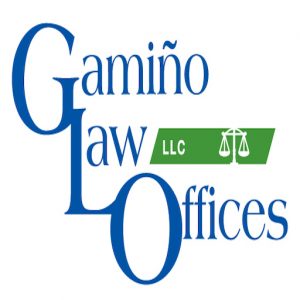Most traffic tickets are not criminal offenses in Wisconsin, and the good news is that minor traffic offenses are generally treated differently than more serious violations of the law. However, some traffic offenses are crimes, so here’s what you need to know.
The Most Common Traffic Tickets in Wisconsin
Some of the most common traffic infractions in Wisconsin include:
- Speeding
- Rolling through a stop sign
- Failing to use your blinker
- Failing to yield to pedestrians
- Operating a vehicle without proper lighting
- Not wearing a seatbelt
For these civil traffic violations, police typically issue the driver a traffic ticket — a form the officer completes and gives to a motorist or pedestrian on the spot. Police officers generally give tickets after they observe or believe that a person has committed a traffic violation. Tickets contain information on how the driver can respond by mailing in the form and a check for the fine, paying the fine online, or challenging the ticket and appearing in court.
What Are the Penalties for Traffic Tickets?
Wisconsin operates on a demerit system, which means if you get a certain number of points (in Wisconsin, it’s 12), the state can suspend your driving privileges.
That doesn’t mean you just rack up points, though. You generally have to pay a fine – and the fine depends on the severity of your offense. For example, if you’re driving 40 miles per hour in a 35-mile-per-hour zone, your fine will be lower than it would if you were driving 50 miles per hour in the same zone.
If your insurance company finds out that you’ve received a ticket, your insurance premiums may go up. (That doesn’t have anything to do with civil penalties, but it is something you should know about.)
What Traffic Tickets Are Criminal Offenses?
First things first: If you drive knowing your driver’s license is suspended, it’s a criminal offense.
Other criminal offenses related to driving include drunk driving and reckless driving, as well as:
- Driving or operating without the owner’s consent
- Eluding an officer or fleeing
- Being a habitual traffic offender
- Vehicular homicide
If you’re accused of any of those crimes, you’ll have to go to court and plead guilty or not guilty. If you’re convicted, you may face criminal sentencing (including a trip to jail or prison). It’s probably in your best interest to work with a Wisconsin traffic defense attorney if your situation results in criminal charges.
Related: 3 things you need to know about vehicular homicide in Wisconsin
Traffic Trials vs. Criminal Trials
With most traffic violations, a fine is the worst that can happen; jail isn’t usually among the possible penalties, and license suspension is typically on the table only if the driver has multiple recent traffic convictions. However, drivers accused of committing a misdemeanor or felony criminal offense face the possibility of jail time.
Do You Need to Talk to a Lawyer About a Criminal Traffic Offense?
If you’ve been accused of a criminal traffic offense, we may be able to help you. Call our office at 414-383-6700 now for a free consultation with an experienced, knowledgeable defense attorney. We’ll be happy to answer your questions and help you get the best possible outcome.

